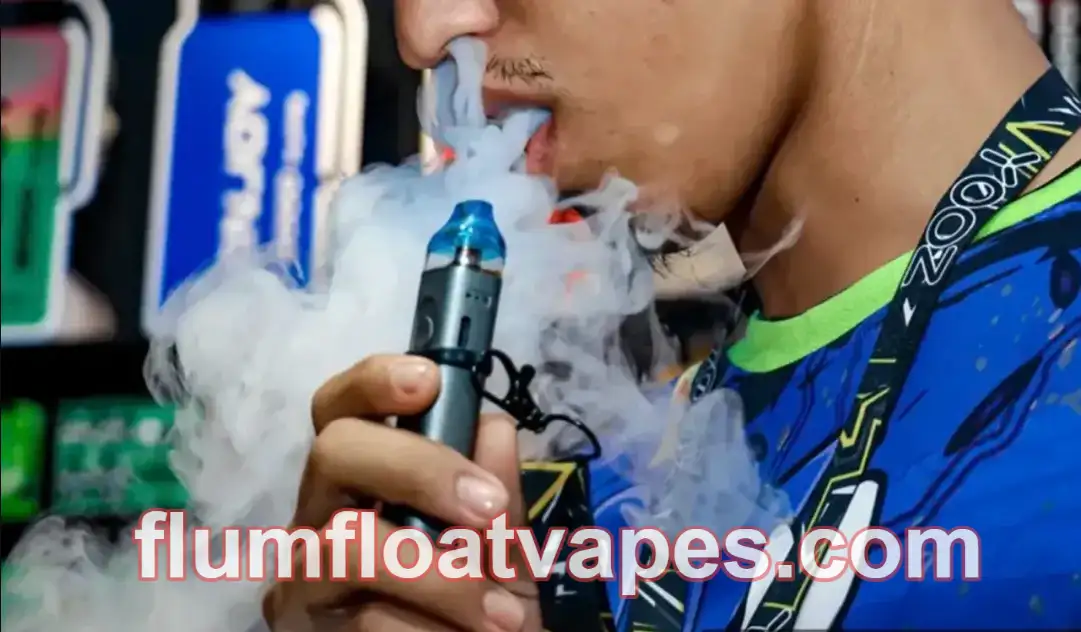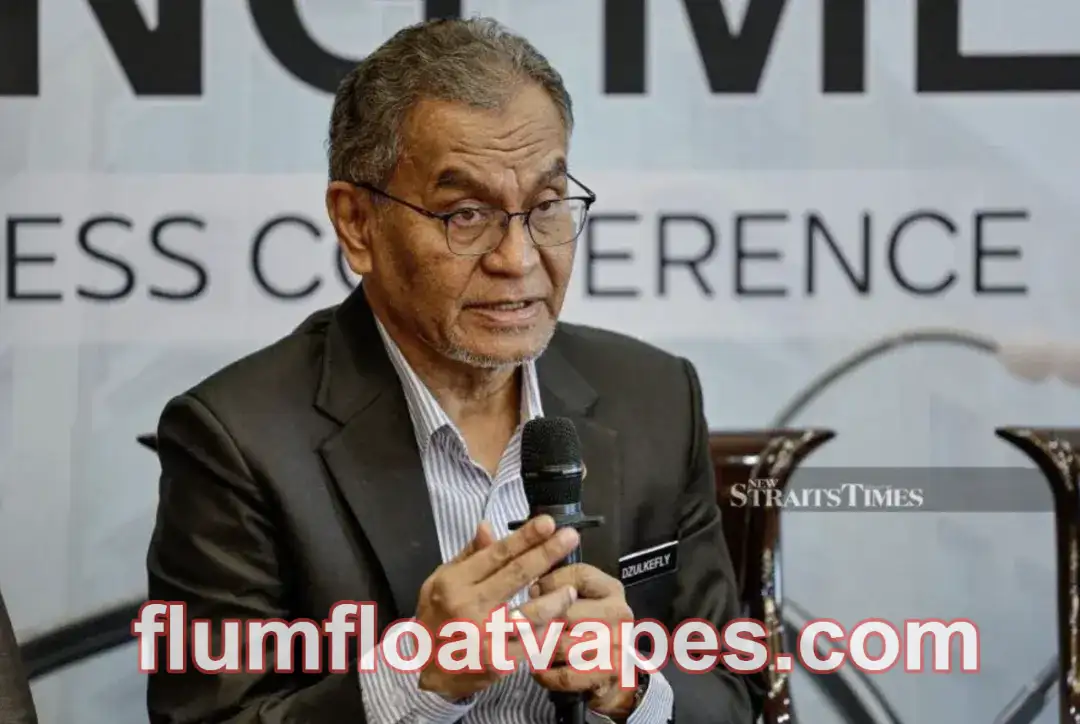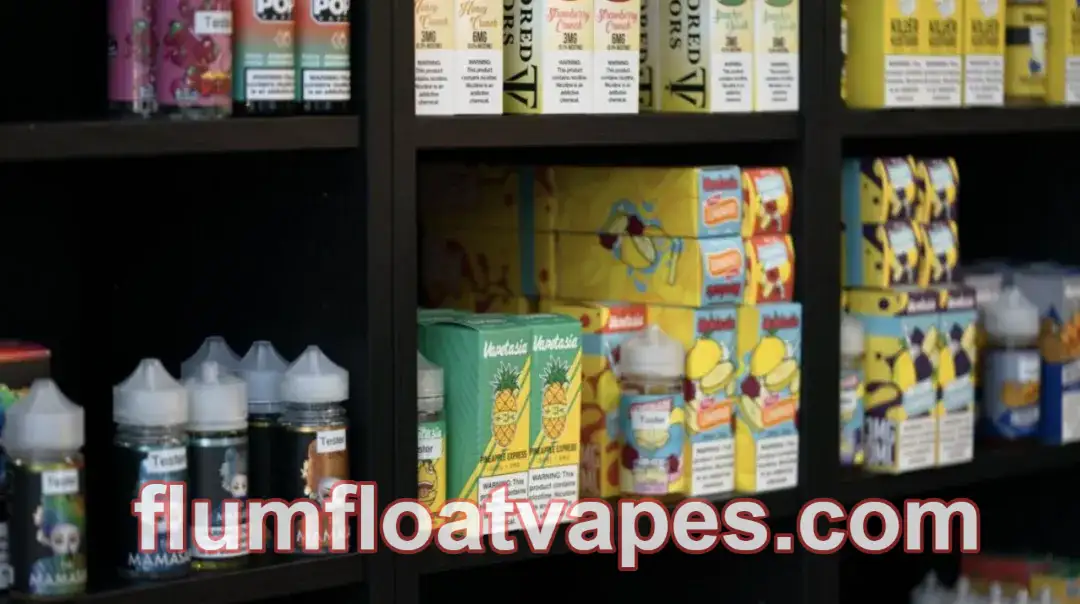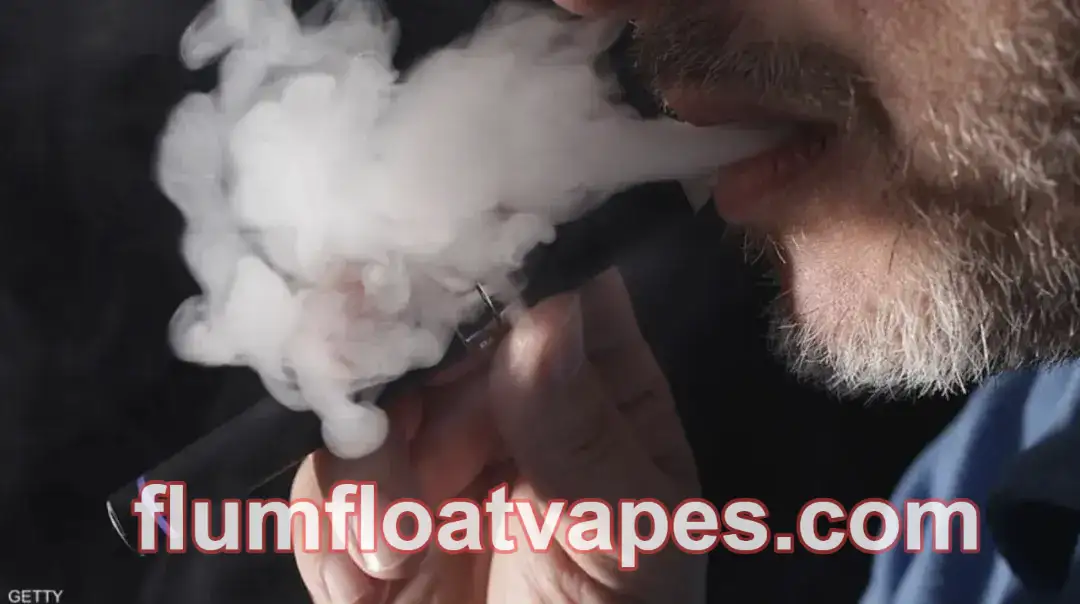The global vape market continues to face regulatory scrutiny as more countries adjust their policies and introduce new regulations to balance public health concerns with the growing demand for these products. As we enter 2025, the vape industry is witnessing significant policy changes, particularly in countries like Malaysia and the United States, where governments are tightening their controls on the sale and distribution of vaping products. Let’s explore the latest developments and how they’re reshaping the market landscape, focusing on key insights from Malaysia, California, Washington, and Massachusetts.
Malaysia’s Push for Stricter Vape Regulations
Malaysia is making strides to ensure that vaping is used primarily as a smoking cessation tool. Former Malaysian Health Ministry official Anita Suleiman recently suggested that the sale of vapes should be limited to pharmacies and licensed smoking cessation centers. According to Suleiman, this policy could ensure that vaping products are only accessible to those genuinely attempting to quit smoking, rather than being used by non-smokers or underage individuals.
Suleiman pointed to the success of the United Kingdom’s approach to vaping, which has heavily regulated nicotine content and restricted certain vape flavors. She argued that limiting nicotine levels would reduce the risk of addiction, while banning certain "enticing" flavors could prevent younger people from picking up vaping as a hobby.
Additionally, Suleiman emphasized that vaping should not be seen as a "one-size-fits-all" solution. She suggested that a combination of social support and structured smoking cessation programs, which include vaping as a replacement for traditional tobacco, has proven to be more effective in helping individuals quit. With this in mind, Suleiman's proposal aims to ensure that the use of vapes aligns with public health goals and doesn't contribute to new health crises like lung cancer or other chronic diseases.
The Malaysian Health Minister, Dzulkefly Ahmad, has also commented on the government’s readiness to reconsider a complete ban on vaping if the situation demands it. This indicates that while the country is focused on regulating vaping products, a more aggressive approach could be on the horizon depending on the evolving public health situation.
California’s Ban on Disposable Vapes: A Game-Changer
Meanwhile, in the United States, California is set to take bold action in addressing the environmental impact of vaping products. State lawmakers are pushing a bill that could see disposable vapes banned in the state as of January 2026. The proposed legislation is a response to growing concerns about plastic pollution and the potential hazards posed by the waste generated by single-use vaping devices.
The new rules would prohibit the sale and distribution of both new and refurbished disposable vapes, making California the first state to introduce such a sweeping measure. Legislators are concerned about the environmental toll of disposable vapes, especially the impact of e-cigarette batteries, which contain harmful chemicals that could leach into the soil and waterways if not disposed of properly.
Under the proposal, retailers who continue to sell disposable vapes after the deadline could face fines ranging from $500 to $2,000, depending on the number of violations. This measure aims to reduce the environmental impact while still allowing smokers access to alternative nicotine delivery methods. Notably, it would force vapers to turn to refillable devices, which are generally considered to be more environmentally friendly in the long run.
Washington State Moves to Ban Flavored Vapes
On the other side of the country, Washington State is also advancing legislation aimed at curbing the use of flavored vapes. The state's House of Representatives recently approved a bill that seeks to ban flavored nicotine products, including those marketed with terms like "cool," "icy," or "fresh." These types of flavors have been linked to the growing popularity of vaping among teenagers, who are drawn to these sweet and fruity tastes.
The new law would target a wide range of vaping products, including those with interactive features, such as music or video functions. These "entertainment vapes" have raised concerns that they are designed to appeal to younger, tech-savvy users, which could make it even harder to control underage access to vaping products.
The bill also proposes that all retailers in Washington display clear signage alerting customers to the ban on flavored products. If passed, violators of the new law could face stiff penalties, including fines and other sanctions from the state's liquor and cannabis board, which oversees the sale of nicotine products.
Massachusetts Sets a Precedent with Vape Flavor Ban Conviction
In Massachusetts, the consequences for violating the state’s strict vaping regulations just got a lot steeper. Recently, a store owner in Marlborough was sentenced to six months in jail for selling untaxed flavored tobacco products. This case marks the first time in Massachusetts that a vape shop owner has faced jail time for violating the state’s 2020 ban on flavored tobacco and nicotine products.
The store owner was caught in a crackdown on illegal vape sales, which involved buying products from out-of-state distributors and selling them without paying the required state taxes. In addition to the jail time, the store faced substantial fines, and the shop’s license to sell nicotine products was revoked.
This case underscores the serious legal risks associated with non-compliance in the vape industry. Despite the relatively low severity of violations in the past, states like Massachusetts are increasingly cracking down on the illicit sale of vaping products. As the state’s attorney general pointed out, selling untaxed flavored products is not just a matter of breaking local laws but also a threat to public health.
The Role of Products like Flume Pebble in a Changing Market
As these regulations unfold, it’s important to consider how brands in the vaping industry are responding to changing consumer preferences and shifting legal frameworks. Companies like Flume Vape are focusing on creating high-quality, more eco-friendly alternatives that comply with emerging regulations while still offering consumers a satisfying experience.
The Flume Pebble Vape, for instance, offers a wide variety of popular Flume Pebble flavors, which have been designed to cater to adult smokers who are seeking a more sustainable, flavorful alternative to traditional cigarettes. With its sleek design and range of satisfying flavors, the Flume Pebble is well-positioned to appeal to a market that is increasingly concerned about both health and environmental impact.
Consumers are looking for products that not only meet regulatory standards but also provide an enjoyable vaping experience. Whether it’s the refreshing Flume Pebble flavors like tropical fruit blends or cool menthol, these products are gaining traction for their ability to deliver smooth, flavorful hits without the environmental toll of disposable vapes.
As the market adjusts to new policies, vape companies like Flume are continuously innovating to meet the demands of both regulators and customers. Whether you’re looking for a new way to quit smoking or simply seeking a more enjoyable alternative, the Flume Pebble Vape offers a cutting-edge option that satisfies both your cravings and your conscience.
Conclusion: Navigating the Future of Vaping
As 2025 unfolds, the vaping industry is likely to see even more changes as governments around the world continue to implement stricter regulations. Whether it’s limiting the sale of vapes to licensed outlets, banning disposable products to reduce waste, or cracking down on flavored vapes, one thing is clear: the industry is evolving in response to public health concerns, environmental issues, and regulatory demands.
For consumers, the challenge will be finding products that not only meet these new standards but also deliver the kind of quality and experience that keep them coming back. Brands like Flume Vape, with its sleek Flume Pebble devices and exciting Flume Pebble flavors, are well-positioned to thrive in this new regulatory landscape, offering products that are both compliant with emerging laws and satisfying for adult vapers.
As lawmakers continue to debate the future of vaping, it’s clear that the industry must adapt. But for now, the focus remains on creating a safer, more sustainable vaping experience that aligns with public health goals while still providing consumers with a fulfilling alternative to smoking.
